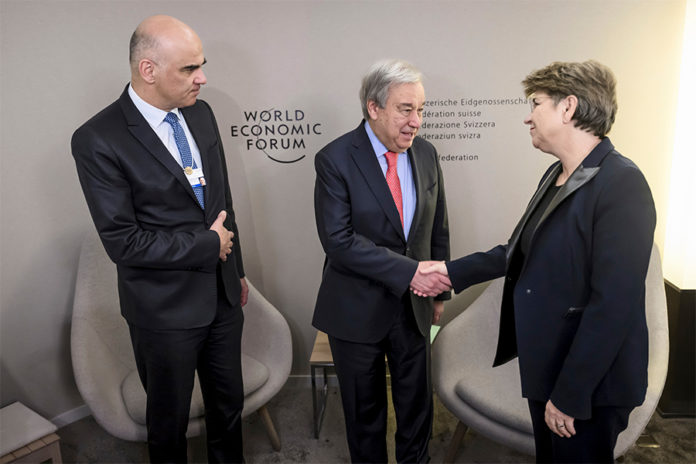
While new variants of COVID 19 linger challenging health systems around the world, at the start of 2023, the economic legacy of the pandemic consists of high inflation together with a world economic slowdown. In this context, the main question for 2023 is if we are heading to a world recession, with many soothsayers saying this is inevitable.
In the United States, defying dire predictions, monetary policy tightening by the central bank to fight inflation, thus far, has not hurt employment creation. Therefore, the question is if this so-called “soft landing” will prevail during this year.
Also, recent changes in China, on dealing with the coronavirus, raise the question if these will deepen the prospects of a major slowdown in the second largest economy. Among other consequences, the slowdown in China would entail less demand for commodities, deepening the slowdown in emerging market and developing economies.
Finally, the third question is if the war in Eastern Europe will persist in 2023, deepening the loss in human lives, the threat of a major conflict and the disruption it has already caused in food and energy markets.
All these questions defy the predictive capacity of most observers. An example is the following statement by the head of the Federal Reserve Jerome Powell. At the last press conference of December 2022, he said: “I don’t think anyone knows whether we’re going to have a recession or not and, if we do, whether it’s going to be a deep one or not.”






